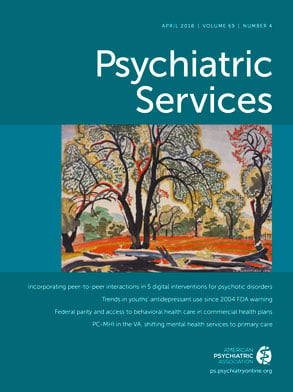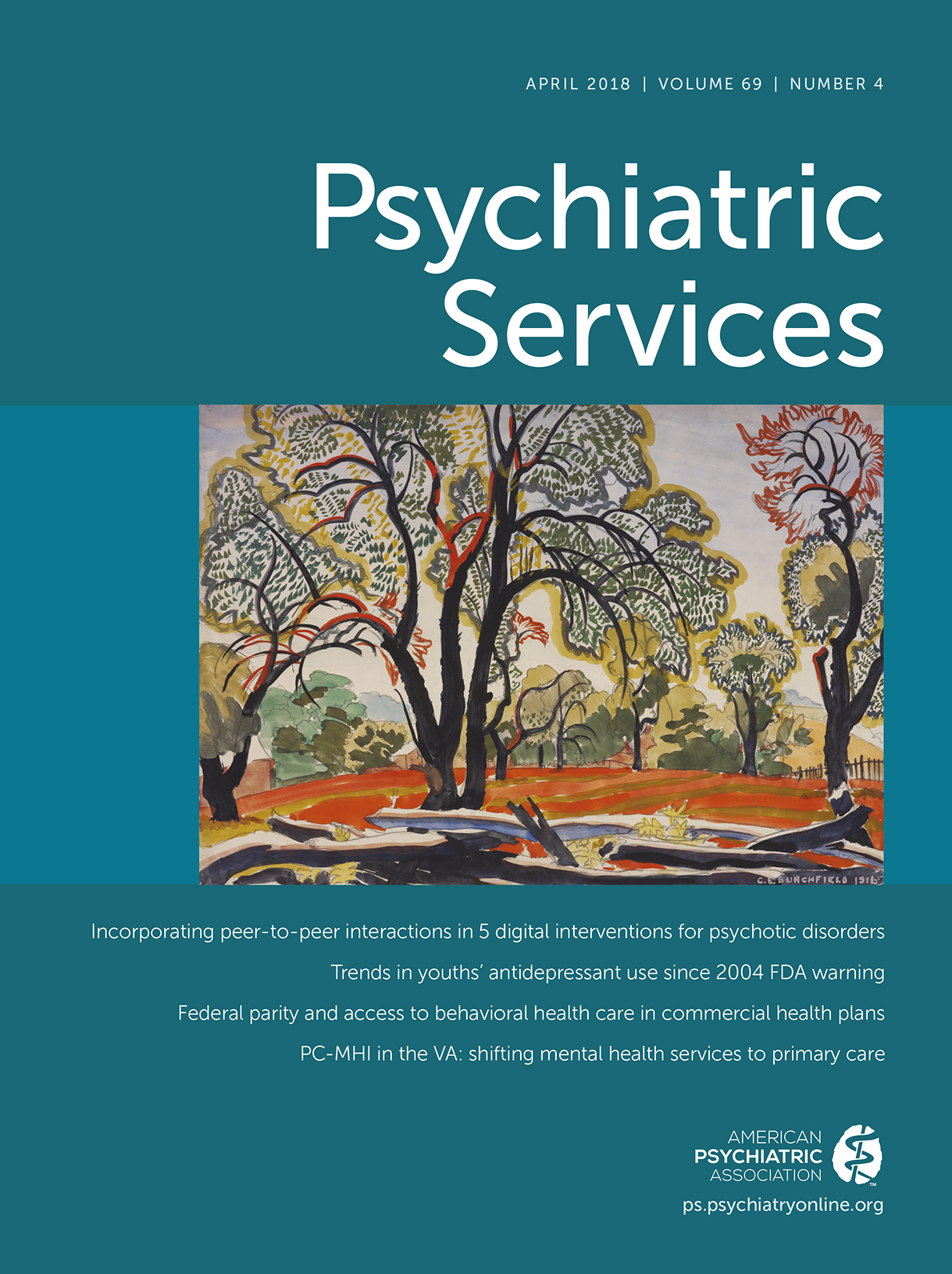TO THE EDITOR: The clubhouse model is a community psychosocial rehabilitation program that facilitates mental health recovery of people with severe mental illness. The model features the “work-ordered day,” whereby people with severe mental illness become clubhouse members and engage in meaningful work (such as producing newsletters and making meals) alongside the staff to manage the clubhouse. Some of the purported benefits of clubhouse participation include lower rates of rehospitalization, enhanced self-reported recovery and perceived quality of life, better employment outcomes, and improvements in general physical and mental health. Researchers are still striving to explain precisely why clubhouses are successful, and to this end, recent scientific advancements in neuroscience may offer a framework for understanding how modeling behaviors may support mental health recovery.
Mirror neurons were first discovered in the 1990s when scientists studied the brains of macaque monkeys and found that some neurons in premotor cortex responded not only when executing a specific action but also when observing other monkeys perform the same action. The human mirror neuron system similarly activates when attempting to understand the actions and intentions of others, which underlies mechanisms of observational learning. By observing the behaviors of others, people can imagine the outcome before attempting the behavior. In some situations, people may experience self-agency simply through observation.
Research has shown that people with schizophrenia exhibit mirror neuron dysfunction (
1). However, mirror neuron deficits appear to be less severe for patients taking medication (
2) or nonexistent during the residual illness phase (
3), suggesting that mirror neuron functioning can be restored for people with severe mental illness.
Mirror neurons have been used to guide motor and sensory rehabilitation and poststroke rehabilitation, but research has yet to explore whether mirror neurons can inform mental health recovery. However, some exploratory studies link mirror neurons to intention, social communication, and empathy (
4). Moreover, according to the associative learning perspective, the mirror neuron activity is a product, as well as a process, of social interaction (
5). The question remains: Do mirror neurons underlie the social learning and modeling that occur in clubhouses?
Research of this question is still lacking; however, results from our qualitative study at a clubhouse showed that the work-ordered day creates spaces and occasions where modeling and mirroring can take place. Clubhouses arrange for activities to occur out in the open, and so members are constantly observing tasks being performed by other members and staff. When ready, members can attempt these tasks on their own. In our study, several members expressed perceived agency simply by observing others. When people with mental illnesses live in isolation, they have limited opportunities to observe what is possible. The clubhouse is intentionally designed to multiply those opportunities and broaden one’s horizons. Future studies should explore longitudinally how mirror neurons may underlie not only clubhouses, but psychosocial rehabilitation in general, to reveal the mechanisms of interaction-based psychiatric interventions.

